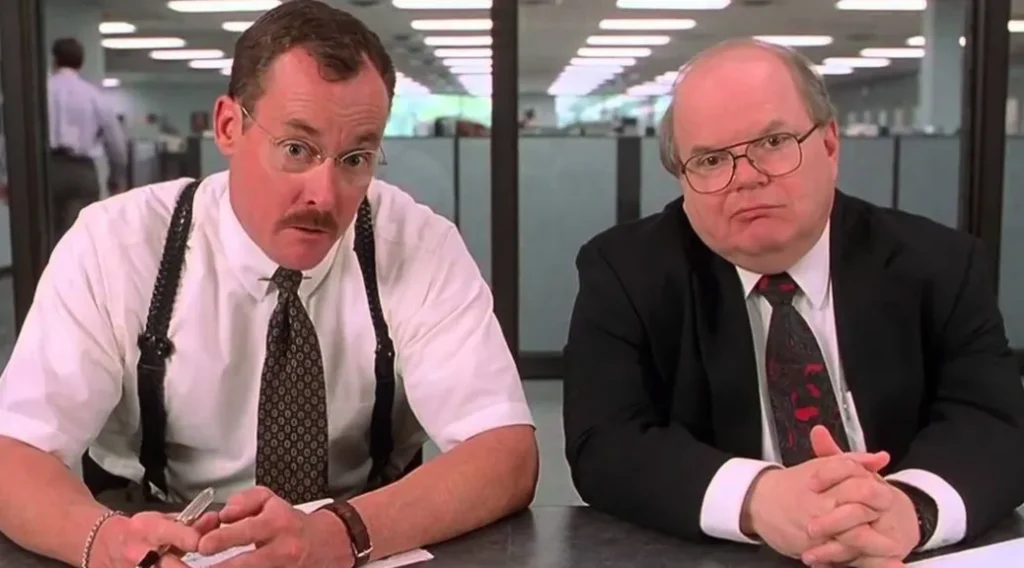By definition, high-performing teams don’t fail due to incompetence or laziness. Instead, they are more likely to succumb to overconfidence: they truly believe that they can accomplish more, better, and faster, and as a result, overestimate what they can actually do. This overconfidence comes from two main sources. The first is miscalibration—they believe that as the experts, they can be more certain about the requirements of a given activity. The second is the fact that high-performing teams believe they have greater control over their conditions (whether that’s fickle customers or inclement weather) than they do in reality. Teams are particularly vulnerable to being overconfident when they’re in high-stress, highly competitive markets, or the markets are mature or complex.
Being overconfident isn’t just an attitude problem. Overpromising leads to missed goals, which are as bad for the team as they are for business. At Zynga, for instance, employees were pushed to their breaking point to achieve ambitious metrics. But when those goals weren’t met, not only were promised rewards like raises and breaks taken away; the already-exhausted team was forced to work even harder.
So how can you make sure your team accurately assesses what you can accomplish in that time?
- Question your anchor. When making an estimate, chances are that you’re basing it on something that you’ve experienced before. Is it the most appropriate comparison? What extenuating circumstances might make it irrelevant to the given case?
- Widen your interval. Be more conservative: instead of estimating something you’re 90% sure you’ll achieve, think about how you would change your estimate if you were less sure. Would you build in more time? Add more resources? Scale back on the goal?
- Consider why you’re wrong. Instead of assuming you’re right and building out a timeline right away, assume you’re wrong, and work backwards to figure out why, or conduct a “pre-mortem” to anticipate what could go wrong. What pre-conceptions are you holding that may not be true? What factors are you not anticipating that may affect the final result?
- Tap the wisdom of the crowd. The more expertise you have in one area, the bigger your blind spots. Get input from other teams to find out what they think. If they balk because they’re not the experts—great!
- Guess again. If you’re still unsure about how accurate your estimate is, take a second guess and average the two answers together. This will help smooth out the “noise” that you get from individual data points.













